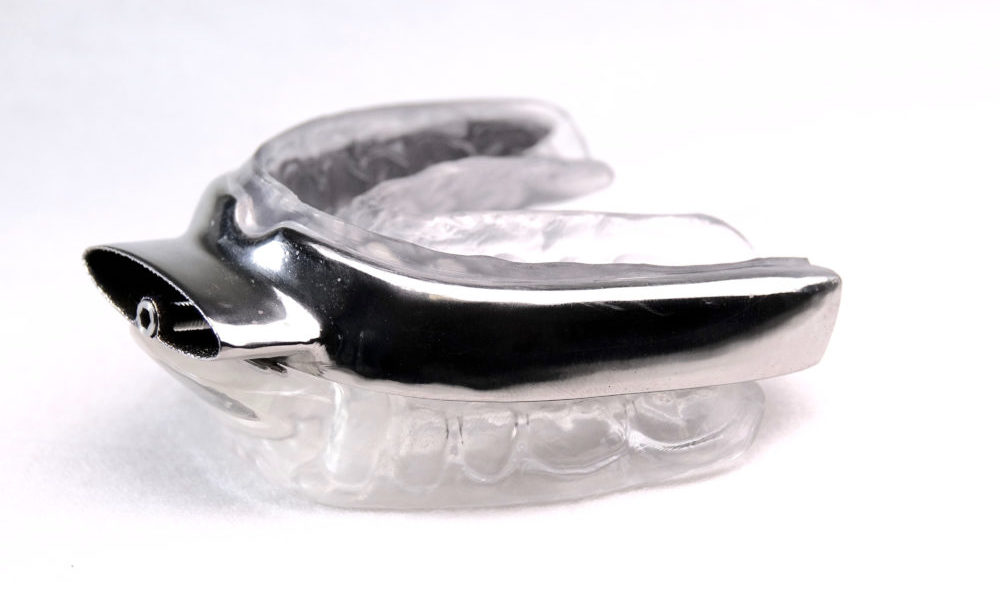Oventus Receives FDA Approval for 3D Printed Sleep Aid

Oventus’ new sleep aid is meant to bring relief to those with chronic sleep problems. Courtesy of Oventus.
Latest News
December 12, 2016
Sawing wood. Motorcycle engine. Chainsaw. These are some commonly used phrases used to describe the worst cases of snoring. While it might be tempting to laugh, these are often symptoms of sleep apnea, a condition where the air passage in the throat becomes obstructed during sleep and causes people to stop breathing. Sleep apnea affects 18 million Americans, according to the National Sleep Foundation, and can result in chronic fatigue, headaches, impotence and general irritability.
Oventus, in partnership with CSIRO, hopes to ease the symptoms of sleep apnea and chronic snoring with its sleep aid, called the O2Vent. Designed by Dr. Chris Hart, who also suffers from sleep disorder, the O2Vent gained FDA approval in 2016, and will become available to US patients in 2017. The sleep aid is one of a quickly growing field of 3D printed medical devices.
 Oventus’ new 3D printed sleep aid is meant to bring relief to those with chronic sleep problems. Courtesy of Oventus.
Oventus’ new 3D printed sleep aid is meant to bring relief to those with chronic sleep problems. Courtesy of Oventus.The basic design of the O2Vent is a mouthpiece which incorporates a patented breathing vent (it looks kind of like a whistle). The vent helps create a separate air flow to reduce periods of breathlessness while sleeping. In addition to helping the user sleep better, the O2Vent should also reduce snoring, meaning those around the user receive a higher quality of sleep as well.
Each O2Vent is bespoke, built using a CAD scan of the patient’s mouth and bite. That data is then used to 3D print a medical-grade, titanium piece that is fitted to a mouthpiece. While it might seem excessive to use titanium, a mouthpiece made from the metal is thin and light, while retaining the strength and durability for which titanium is noted.
As might be expected for a device printed from titanium, the O2Vent isn’t a cheap solution to your snoring problems. The total cost to be fitted for the O2Vent is estimated at between $2,000 and $2,500, which includes dental consults and various fitting procedures. Still, poor sleep is listed as one of the factors that leads to reduced life expectancy, and it’s hard to assign a dollar amount to a longer life.
Below you’ll find a video about the O2Vent.
Source: Oventus
Subscribe to our FREE magazine, FREE email newsletters or both!
Latest News
About the Author
John NewmanJohn Newman is a Digital Engineering contributor who focuses on 3D printing. Contact him via DE-Editors@digitaleng.news and read his posts on Rapid Ready Technology.
Follow DERelated Topics






